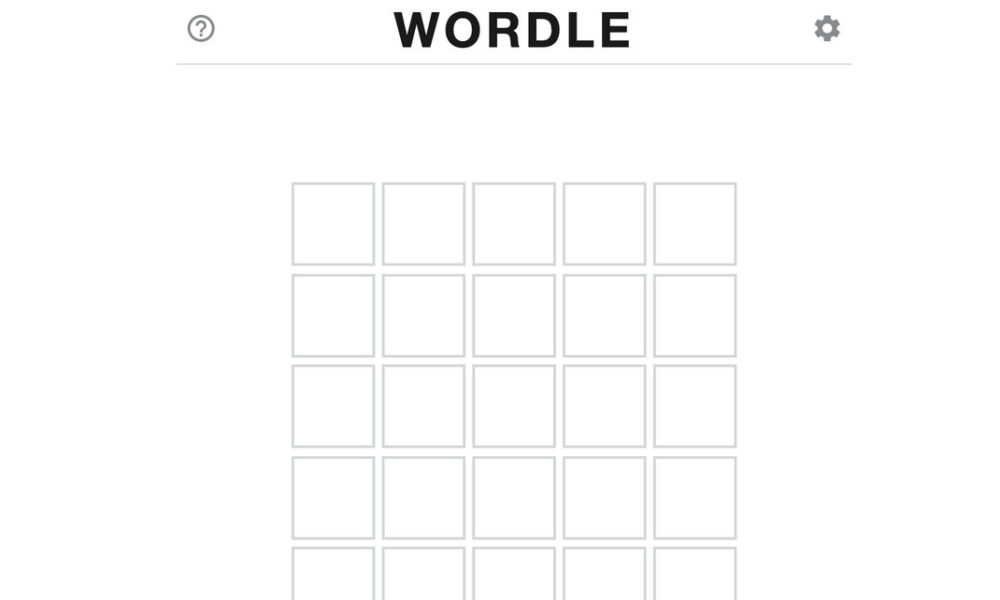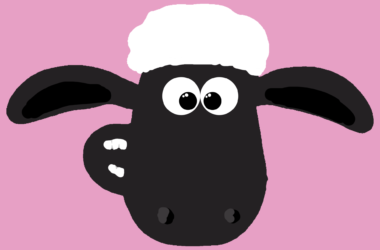Sick of time-consuming crossword puzzles, or endless online games with thousands of repetitive levels? Wordle, the latest internet craze boasting roughly 3,000,000 daily players, might be your jam. The premise is simple: Try to guess a random five-letter word in six or fewer tries. Once users guess a word, the game reveals the similarities between the guess and the winning word. Incorrect letters become grey, correct letters green, and misplaced letters yellow. The catch? Players can only play one game per day and everyone in the world gets the same puzzle.
Software engineer Josh Wardle created the game in 2013 for his partner, who loved playing the New York Times Spelling Bee and daily crosswords. Taking inspiration from these two puzzles, Wardle created a hybrid puzzle that he and his partner could play together. Eventually, Wardle shared the game with his family’s WhatsApp chat, and eventually made it publicly accessible in October of 2021. He even named Wordle after a pun on his last name. Three months later, Wordle has become a global phenomenon, leading The New York Times to buy it for over a million dollars.
Combining luck, vocabulary, and gameplay scarcity into a five-minute game, Wordle is genuinely addicting. It is easy for players to incorporate into their daily routines. What’s more, there are no ads or paywall on the site—just a grid of blank boxes on a screen. But this does not mean that the game is boring; Wordle promotes friendly competition between players, as every participant in the world plays for the same five-letter word. Since there is only one puzzle per day, players can compare daily gameplay streaks, correct letter guesses, and numbers of attempts with fellow users. To ensure a level of spoiler-free result sharing, Wardle programmed the players’ responses to appear as a grid of coloured square emojis matching the attempt progression. As Wardle attempted to eliminate spoilsports, several Twitter bots have been taken down for cracking and leaking the Wordle algorithm. Several human users have also flocked to Twitter to post their funny, yet revealing results.
Families have also been using Wordle to keep in touch. As game results can be easily shared through text messaging, loved ones can compare their results and check in with each other each day. In fact, some families have been so consistent that missing a Wordle check-in can be a reason for concern. For instance, when 80-year-old Denyse Holt’s daughter did not receive a Wordle text from her mother living across the country, she called Holt’s landline, only to find it was disconnected. The daughter enlisted the help of Holt’s neighbour, who ultimately ended up rescuing Holt from a knife-wielding intruder who had locked Holt in her basement. Shockingly, Wordle has saved lives.
Wordle has gotten so popular that many app developers are creating spinoffs to try and grasp a sliver of the original game’s success. These imitation games include Squirdle, for guessing Pokemon, Lewdle, which uses rude words, and more. But what these spin-off apps are missing is the simple, gimmick-less feel of older 2010s internet games like Flappy Bird, which Wordle somehow managed to achieve in 2022. The basic graphic and premise model is reminiscent of 2048—a number game created in 2014 that remains popular among bored university students. But what makes Wordle especially unique is its constraints against being binged. It is perfect for every puzzle-enjoyer, no matter how much free time they have. Wordle may not be the most original game, but its attractive gameplay awards it the 2022 gaming C-R-O-W-N.








